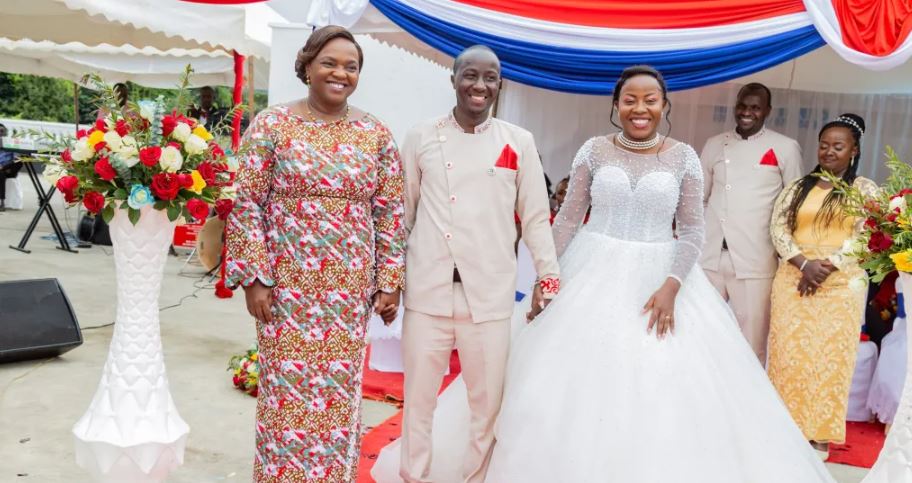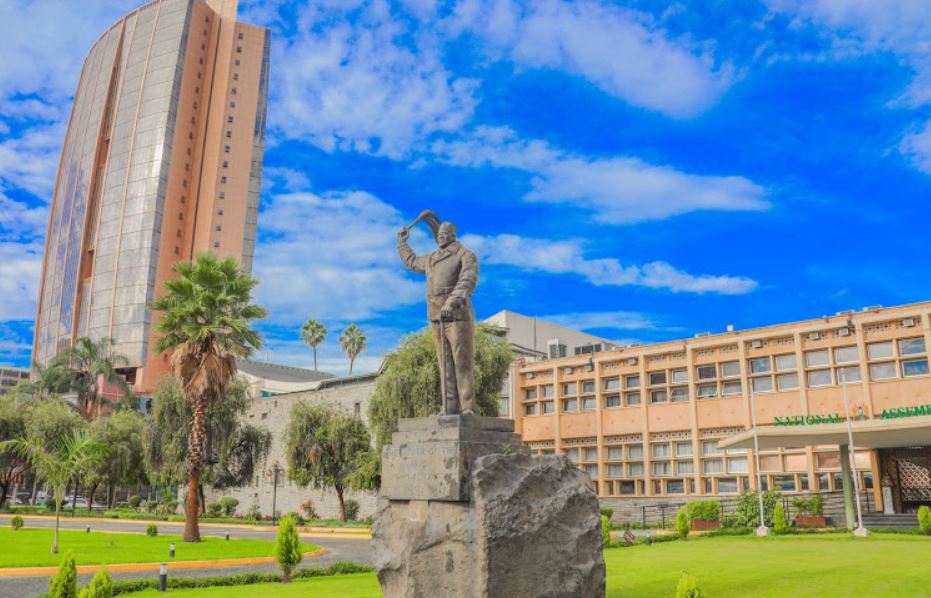 Families of the Shakahola massacre victims have rejected the State’s plans to bury unidentified bodies in a marked mass grave, stating it conflicts with their cultural practices.
Families of the Shakahola massacre victims have rejected the State’s plans to bury unidentified bodies in a marked mass grave, stating it conflicts with their cultural practices.
Out of 453 bodies retrieved from shallow graves in Shakahola forest, officials have positively identified only 34 and handed them over to their relatives for burial. A team of experts is still working to identify the remaining 419 bodies by matching DNA samples collected from family members who have reported missing relatives. Earlier this week, Chief Government Pathologist Johansen Oduor announced that authorities would inter the unidentified bodies in marked mass graves, citing difficulties in the identification process.
However, families expressed that this decision would deny them the chance for a final farewell, strip the deceased of their dignity, and intensify the grief of the living.
Patrick Ngumbao, who lost his mother and three siblings, shared that honoring the deceased with a proper send-off or burial helps ease the grief of losing a family member.
“Nothing prepares someone for losing a family member, and when there are no bodies to bury, it’s difficult to understand what my family is going through,” Ngumbao said.
He emphasized that their cultural beliefs require the dead to be buried at home.
“I have had constant dreams of my mother instructing me to bring her and my siblings home. This means that if they bury them at Shakahola forest, I will never find peace in my life,” Ngumbao explained as quoted by the Standard.
Ngumbao noted that among the Mijikenda people, burial ceremonies involve specific rituals, including shaving the heads of the bereaved, symbolizing a new beginning, and a seven-day mourning period.
Ngumbao submitted his DNA a year ago, but none of his family members has been identified yet. He noted that if the bodies remain unidentified, the family would have to hold a mock funeral, which involves burying a banana stem.
“All this time, our family has been sitting on the mat because we believe that when we have not held a funeral, we are not supposed to use the bed,” he explained.
Victor Kaudo of the Malindi Social Justice Centre stated that while mass burials are part of human culture, they are highly unusual in Africa.
“When they occur, they often indicate a sign of social disorder,” he said.
“We will go to court to prevent the government from obtaining permission for a mass burial,” Kaudo said.
He also emphasized that mass graves highlight the prevalence of enforced disappearances.








